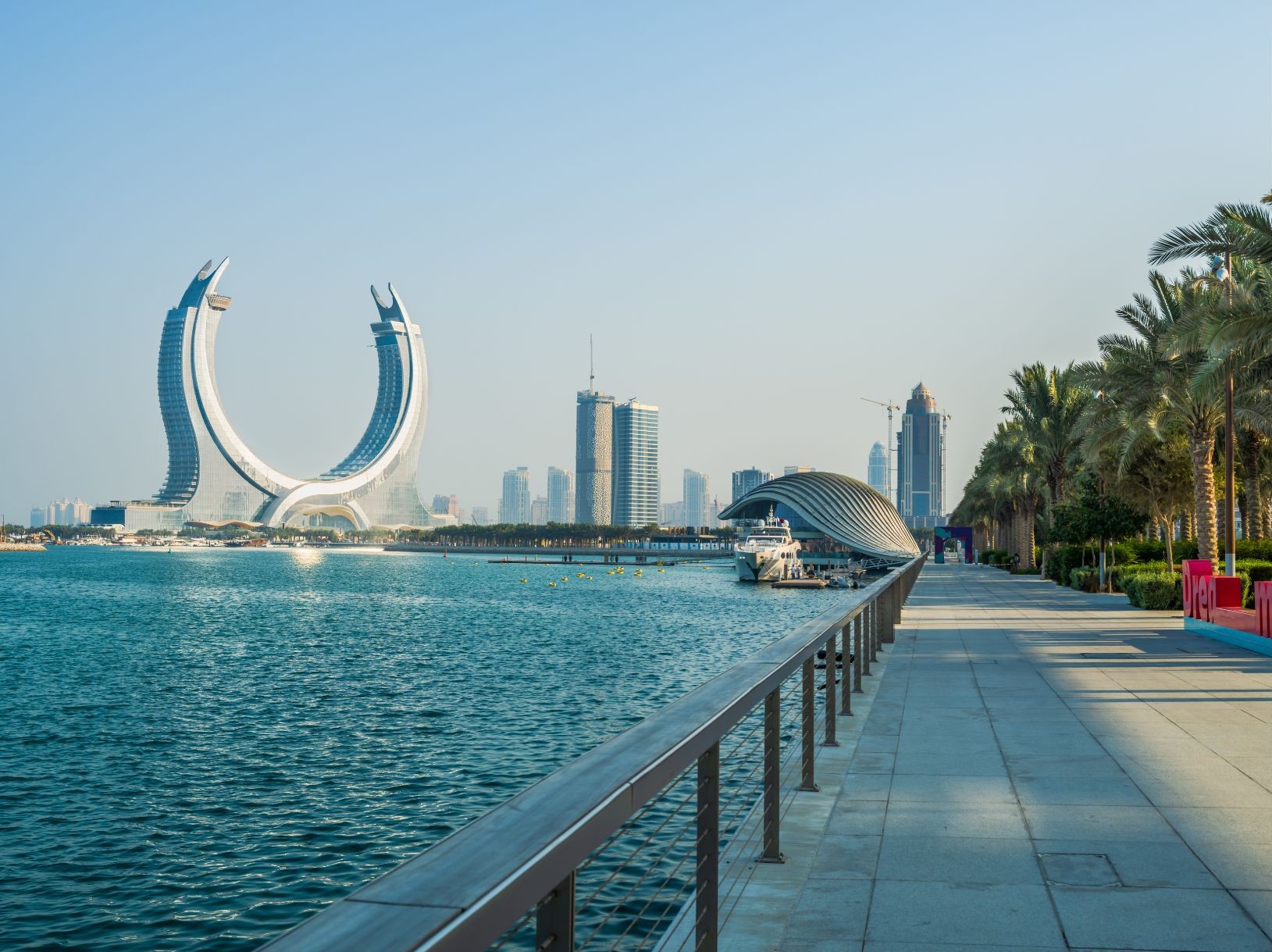The Sept. 9, 2025, Israeli airstrike on Qatar‘s capital city Doha and its Katara District sent shockwaves throughout the region and raised questions about regional stability.
The attack, which targeted Hamas leadership discussing a U.S.-sponsored ceasefire proposal, resulted in five deaths, including the son of Hamas negotiator Khalil al-Hayya and a Qatari security official. While Hamas claimed its senior leaders escaped unharmed, the unprecedented strike on Qatari soil is the first Israeli attack on a Gulf Arab nation.
Despite the severity of the attack, Qatar’s tourism infrastructure has remained steady. Hamad International Airport maintained normal operations, and according to Gulf News, Qatar Airways continued regular flight schedules. However, travel advisories shifted rapidly in response to the situation. The United States initially issued a shelter-in-place warning before downgrading to Level 1 (Exercise Normal Caution).
Qatar Response
The diplomatic fallout has been swift and severe. UAE President Sheikh Mohamed bin Zayed Al Nahyan traveled to Doha on September 10 to show solidarity, strongly condemning the attack, according to reporting by CNN. Qatar’s Prime Minister Sheikh Mohammed bin Abdulrahman Al Thani stated that Netanyahu was “pushing the region toward irreparable instability,” while Qatar’s advisory Shura Council labeled the strike a “flagrant breach of international laws,” according to PBS.
For Qatar’s tourism ambitions, the timing is concerning. The nation has invested heavily in positioning itself as a safe and luxury destination, as well as a regional transit hub. The psychological impact on potential visitors may prove more damaging than concerns about physical infrastructure, potentially affecting stopover tourism and Qatar’s reputation as a neutral mediator.
This story is ongoing.
You May Also Be Interested In…
United to Resume Flights to Israel
[UPDATE] Qatar Reopens Airspace After Iran Target on U.S. Military Base






![[UPDATE] Qatar Reopens Airspace After Iran Target on U.S. Military Base](https://www.prevuemeetings.com/wp-content/uploads/2025/06/close-up-detail-view-of-highloader-cargo-catering-2025-01-10-12-57-42-utc-1-218x150.jpg)





